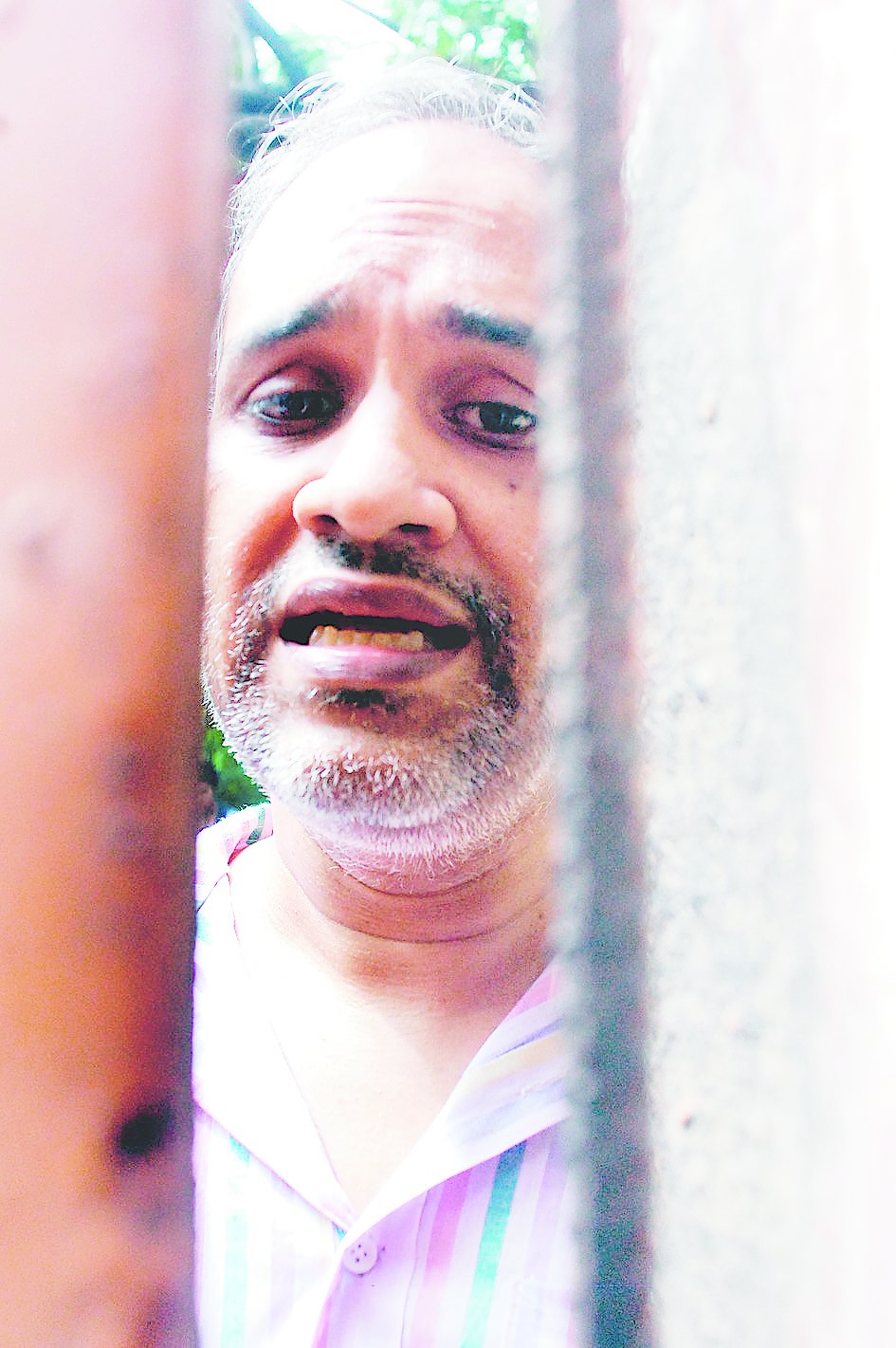
Police have found a note bearing Arabindo De's signature saying he is passing on his property to his two children - Debjani and Partho.
The handwritten note - dated November 2014 - also bore the signature of Arabindo's brother Arun as a witness. It was found folded in an envelope, tucked inside a book in Arabindo's room, sources said.
"This may be considered Arabindo's will unless another document of a more recent date emerges," a lawyer said.
Arabindo's solicitor Subir Majumdar said his client was keen on forming a trust with his children as trustees. "He was supposed to come on June 15 to finalise the terms and conditions of the trust," Majumdar said.
The charred body of Arabindo was found in a bathtub at the family's Robinson Street house on June 10. He is believed to have committed suicide.
Doctor quizzed
Police on Tuesday questioned P.K. Mandal, a doctor who might have visited the De house over the past six months. Mandal apparently told the police that Arun had introduced him to Arabindo.
Mandal is believed to have told the police that he had found nothing suspicious about the house when he went there to treat Partho for a swelling in the knee.
"We have come across evidence suggesting that Partho did not take the medicines the doctor had prescribed. He did not trust him, apparently because he was brought home by his uncle," a police officer said, citing the recovery of a chit purportedly written by Partho.
The stench
Investigators claim to have learnt how Partho managed to live with the stench of a rotting body for months.
A skeleton found in Partho's room is believed to be Debjani's. Partho has apparently told the police that his sister died of starvation on December 29. Also found in his room were the skeletons of two dogs - one of which is believed to have died last August and the other in September.
"We have found Partho's writings where he describes how he managed to live with the stench. According to an entry in his diary, the problem started when worms infested the rotting body and then flies. He writes he had first sealed the windows to prevent the stench from spreading. But when he himself found it difficult to live with, he locked it from outside and lived in the drawing room for around a month," an officer said.
Arabindo at that time was apparently not on talking terms with his children and was secluded in another part of the house.
"Some guards we have questioned said at times they smelt something. But since the house was ill-kept, they did not give much thought to it," the officer added.
The police on Tuesday quizzed eight persons - guards, help, people who brought food for the Des and a man who had helped the family renew their vehicle's pollution-under-control certificate.
The guards apparently told the police that there were occasions when the entire family would stop responding to the doorbell for days. "That's why Debjani's disappearance for such a long period did not raise any suspicion," an officer said.
A team of sleuths also went to Dakshineswar to seek details of Debjani's involvement with the Yogoda Satsang Society.
Joyce Meyer
Examining the multiple laptops recovered from the De house, the police have found several videos featuring US evangelist Joyce Meyer. Partho has quoted lines from Meyer frequently in his diary.
Arabindo's chit
In the De family's house, police have found a chit bearing the words "Unconscious Unconscious Unconscious", apparently written by Arabindo. According to what Arun told the police, it is suspected that Arabindo was meditating during that phase or had come to know that his daughter had become unconscious while meditating.
Shradh
Arun De apparently told the police that Arabindo did not believe in performing shradh and had chosen not to come home to perform the last rites of their father, angering their mother. Years later, when he returned with his family and sought space in the family home, he was shown the door.
"Arabindo and his family had to live at a rented house in Salt Lake for a few years. That was the time Partho and Debjani developed a hatred for their grandmother," said an investigator.











